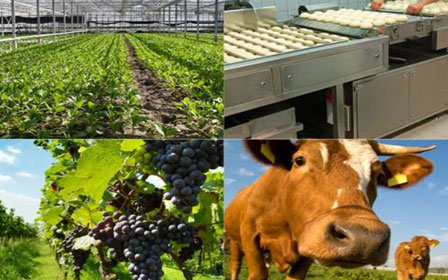Mauritius has benefited from substantial socio-economic development with significant economic growth in recent history. From its evolution from a mono-crop economy based on sugar in the early 1970’s, the export-oriented industrialisation process started. The establishment of the Export Processing Zone Scheme encouraged the setting up of labour intensive export-oriented manufacturing enterprises and opened up the economy to benefit from preferential access to the European markets under the Lomé Convention.
While the manufacturing sector established a sound and solid base for sustainable economic development at the same time tourism became much more important by contributing increasingly to foreign exchange earnings, and by being an key generator of employment. Eventually, the diversification strategy in the 1990s focused on consolidating and modernising traditional economic sectors while creating new areas of growth which would allow the economy to embark on higher levels of development.
The decision was taken to expand the services sector, more particularly the financial services, by building on the skills and experience of the pool of qualified professionals. Comprehensive legislation relating to non-banking offshore business activities was enacted in 1992 and thereafter, a number of legislative and institutional changes were passed to enhance the competitiveness of the Mauritius Financial Services sector. Additionally, a customs-free zone namely the Mauritius Freeport was established with the objective of promoting regional trade and positioning the centre as a warehousing, distribution, marketing and logistics platform in the Indian Ocean.
Successive governments have also embarked on the national objective of making Mauritius a cyber-island. Massive investments are have been made to develop and enhance the infrastructure in terms of human resources, telecommunications and state-of-art office premises and a series of reforms to liberalise the Information and Communication Technology (ICT) and IT Enabled Services (ITES) industries have been undertaken.








